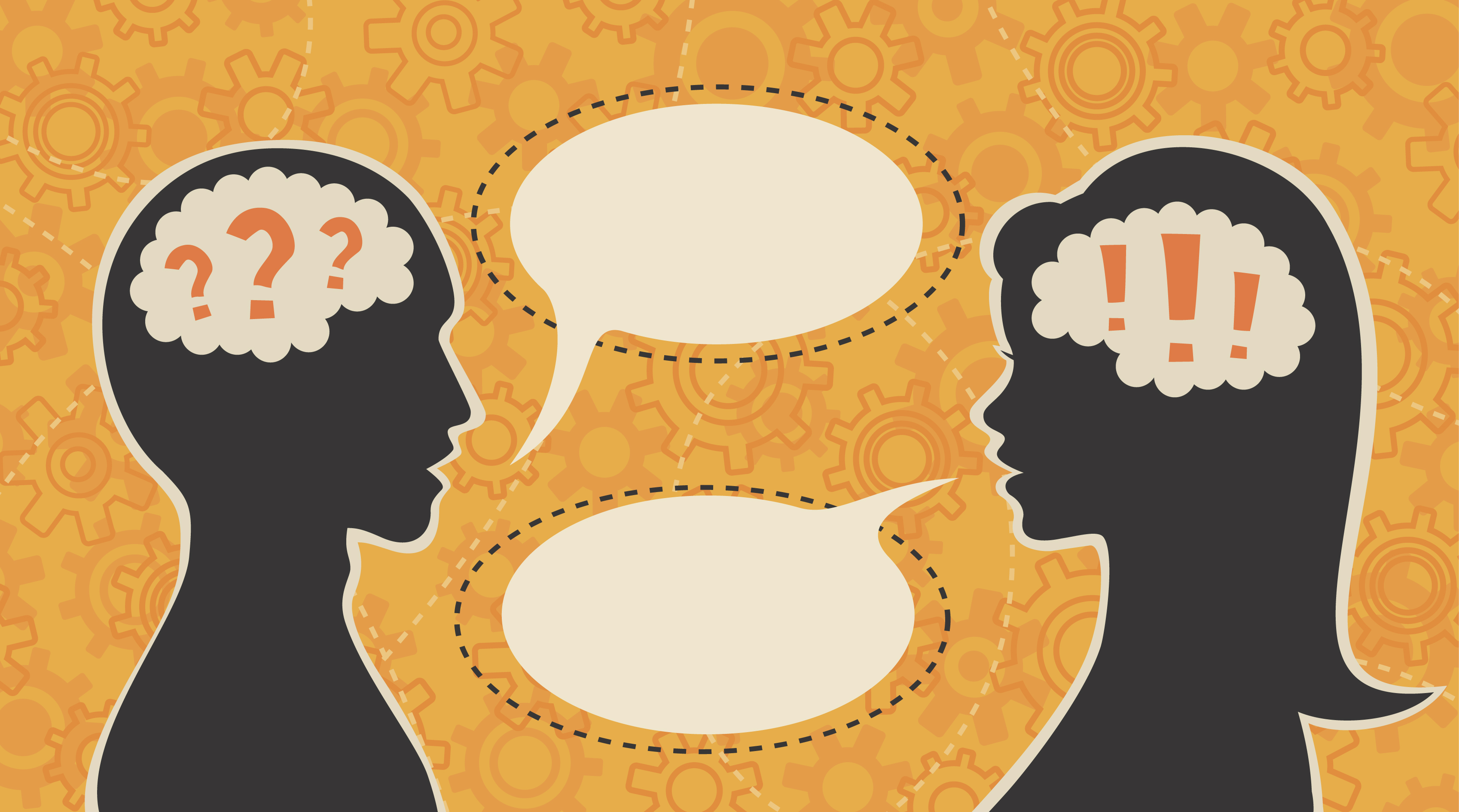Language skills to communicate
Communication has always been the object of many studies and thorough research. This is due to
the fact that many conflicts among countries or people have developed as a
consequence of lack of, or deficient communication. Not only is there great
emphasis on communication but also on its means and their efficiency. The EFL
classroom is not the exception; English learners are driven to acquire the
language by an urgent need to communicate efficiently and integrally.
Integration
of language skills is one of the main areas that ELT professionals have studied
and researched in recent years. The evolution of the approaches has taken the
focus from exact translation to stern grammatical rules to repetition and
conditioning to finally land in the communicative approach. Not all of the
approaches have given the same importance to the development of the core
language skills: listening, reading, speaking and writing. They are equally
important considering that for communication to take place, the written or oral
discourse may be present, not equally developed or focused.

Activities to develop language skills:
READING: This is a receptive skill.
- Reading sub-skills: skimming=reading for gist, scanning=reading for specific information, deduction, prediction, cohesion, coherence, inference, extensive reading, intensive reading, relating text to context.
- Reading activities: read through and suggest a title, read and answer, T/F statements, multiple choice and matching, pictures in order, drawing and colouring, open questions, giving headings, interpreting information...
LISTENING: This is a receptive skill.
- Listening sub-skills: infer, predict, recognise word boundaries, transitions or sequence markers, listening for gist, listening for specific information, follow topic shifts...
- Listening activities: listening to interviews, identifying the mood, listen through and suggest a title, comprehension check, T/F statements, multiple choice and matching, pictures in order, open questions, responding, interpreting information...
SPEAKING: This is a productive skill.
- Speaking aspects: pronunciation, putting words together, using language, expressing, communicating, exchanging, responding...
- Speaking activities: communicative activities, information gap activities, role-plays, interviews, discussions, debates, presentations...
WRITING: This is a productive skill.
- Writing aspects: forming letters, punctuation, spelling, using correct layouts, paragraphing, linking, choosing the right language, planning/drafting, proof-reading, editing, cohesion and coherence...
- Writing activities: writing letters, planning an essay, working with synonyms, editing, error correction, collaborative writing...
No hay comentarios:
Publicar un comentario